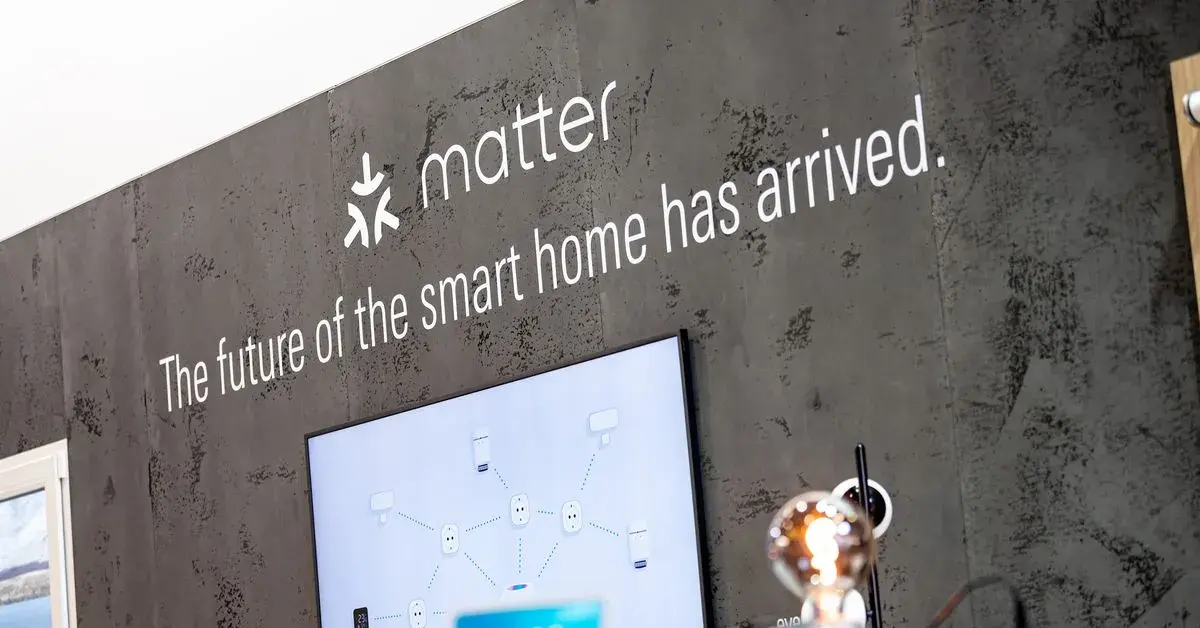- cross-posted to:
- smarthomes@feddit.uk
- cross-posted to:
- smarthomes@feddit.uk
The article discusses expectations for smart home announcements at the upcoming IFA tech show in Berlin. While companies may unveil new smart speakers, cameras and robot vacuums, the smart home remains fragmented as the Matter interoperability standard has yet to fully deliver on integrating devices. The author argues the industry needs to provide more utility than novelty by allowing different smart devices to work together seamlessly. Examples mentioned include lights notifying users of doorbell activity or a robot vacuum taking on multiple household chores autonomously. Overall, the smart home needs solutions that are essential rather than just novel if consumers are to see the value beyond the initial cool factor.



I mean, I agree, but the target market of a lot of this stuff couldn’t care less. They want their hot tub synced up to their Outlook calendar or whatever, and can afford a monthly maintenance contract to keep that working.
For the rest of us, there’s this sort of odd limbo. Most people expect some kind of remote control app as part of their smart stuff, which means either going through an outside cloud service, or running your own server and contending with the fact that most of us don’t have a static IP. Of course there are services like no-ip, but again, you’re stuck using someone else’s cloud service, just for a much smaller part of the overall task.
My point at the end though is that I don’t necessarily want “all in one” control, whether open source or proprietary. I’ve seen what well-implemented smarthome looks like, and it does not (to me) seem worth the money or time. I’ll take the ecobee, maybe the security cameras, and I’ll even go though their commercial cloud to get that remote connectivity, but I’d rather keep my services separate, than go all-in on one hardware/provider/app.
Just buy a domain name and use dynamic DNS, it is what I do. I’d argue that what you have seen is far from well implimented, but to each their own of course.
I mean, that’s basically the option. Set up a domain, set up dynamic DNS, and safely do the right port forwarding and IP reservations in your router.
Unfortunately this is not easy for a lot of people, and the overall picture of home automation requires a combination of skills that not everyone has. Then they basically get two choices: pay for a company to maintain the system, or use someone else’s cloud. A lot of people will pick option 2.
Unlike a lot of DIY tasks, it’s not even one that I would suggest to someone who is hesitant. It’s not a “oh just try planting tomatoes this year, see how it turns out.” Someone who messes up their port forwarding rules could potentially open their home network to a lot of trouble.